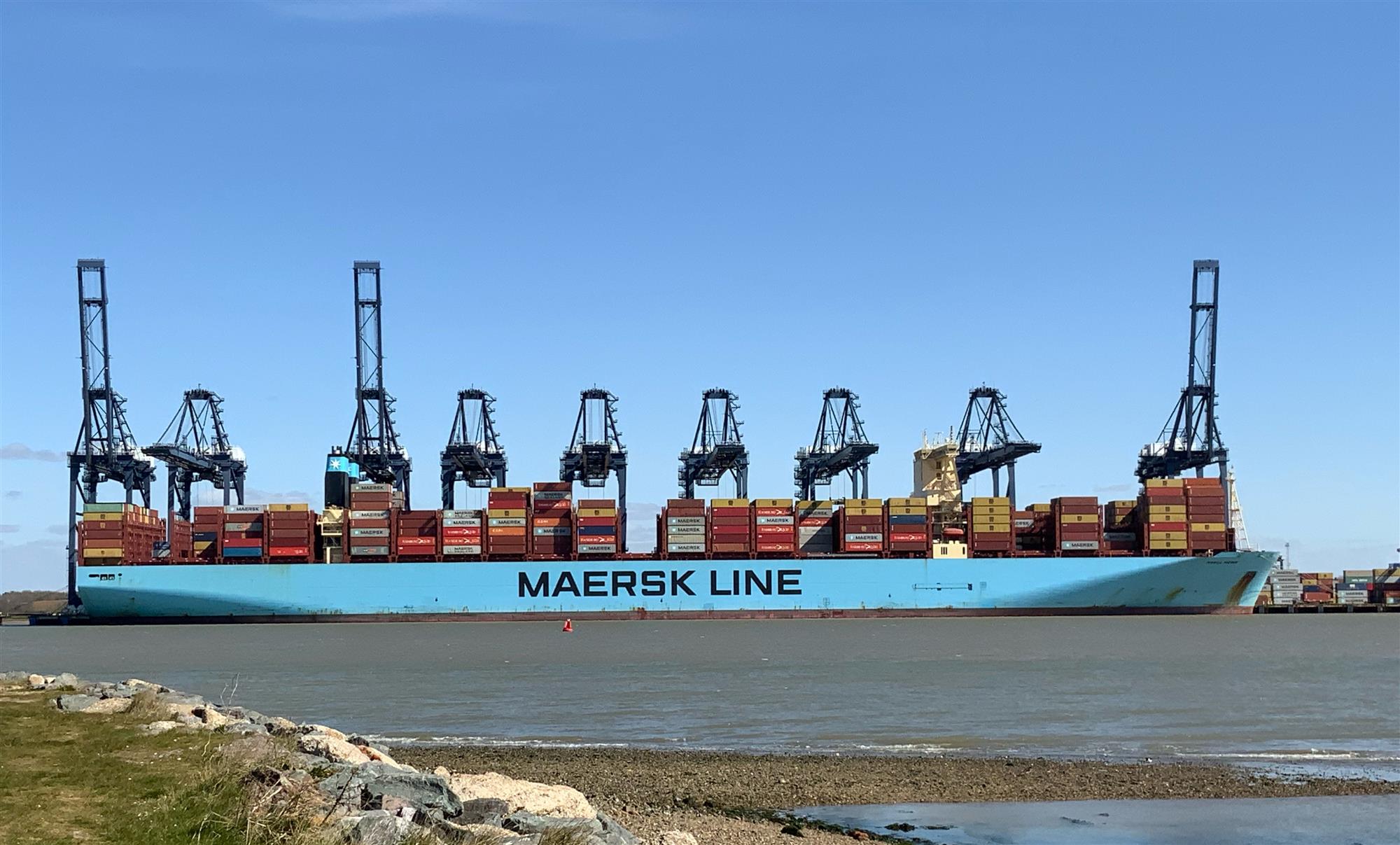Hutchison Ports Port of Felixstowe has further enhanced its deep-water berth capacity following the successful completion of strengthening and dredging works to Berth 7 on Trinity Terminal.
In a statement, it said Berth 7 – one of the Port of Felixstowe’s nine container berths - has been dredged from 15.0m to 16.5 metres below Chart Datum and the berth box widened from 55m to 70m.

Chris Lewis, chief executive officer, Hutchison Ports Port of Felixstowe, said the Port of Felixstowe "continuously invests in its infrastructure, equipment and people, with the view to enhancing its customer offering."
"As the number of ultra-large container ships continues to grow we will continue to improve and upgrade our facilities to meet the needs of our customers," he said.
The Port executive noted that Berths 8&9 are designed for a maximum depth of 18 metres and the next phase of development will see further increases to the depths at Berths 6, 8 and 9.
"The deeper berths are being complemented by dredging planned by Harwich Haven Authority to increase the depth of the approach channel to up to 16 metres, further reinforcing Felixstowe’s position as the country’s No.1 deep-sea container port," Lewis added.
The berth upgrade, together with a program to extend the outreach of 10 ZPMC quay cranes to 23 boxes wide on Berths 6 & 7, are in direct response to the increasing size and depth of the world’s largest container vessels, keeping Felixstowe at the forefront of the UK logistics and supply chain.
The 19,630 TEU Manila Maersk, operated on the 2M AE6/NEU3 service to Asia, was the first vessel to use the deeper berth. With a departure draft of 15.6 metres, the vessel was the deepest ever to be berthed on Trinity Terminal.
Boskalis Westminster Limited was the appointed dredging contractor for the project and used a combination of backhoe dredger, the 'Nordic Giant' with a bucket size of 13 cubic metres, and a trailing suction hopper dredgers to undertake the works.